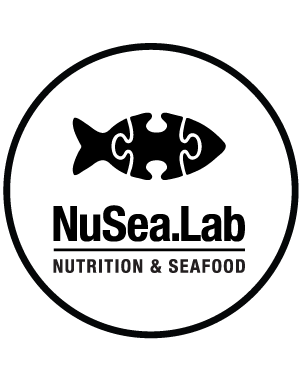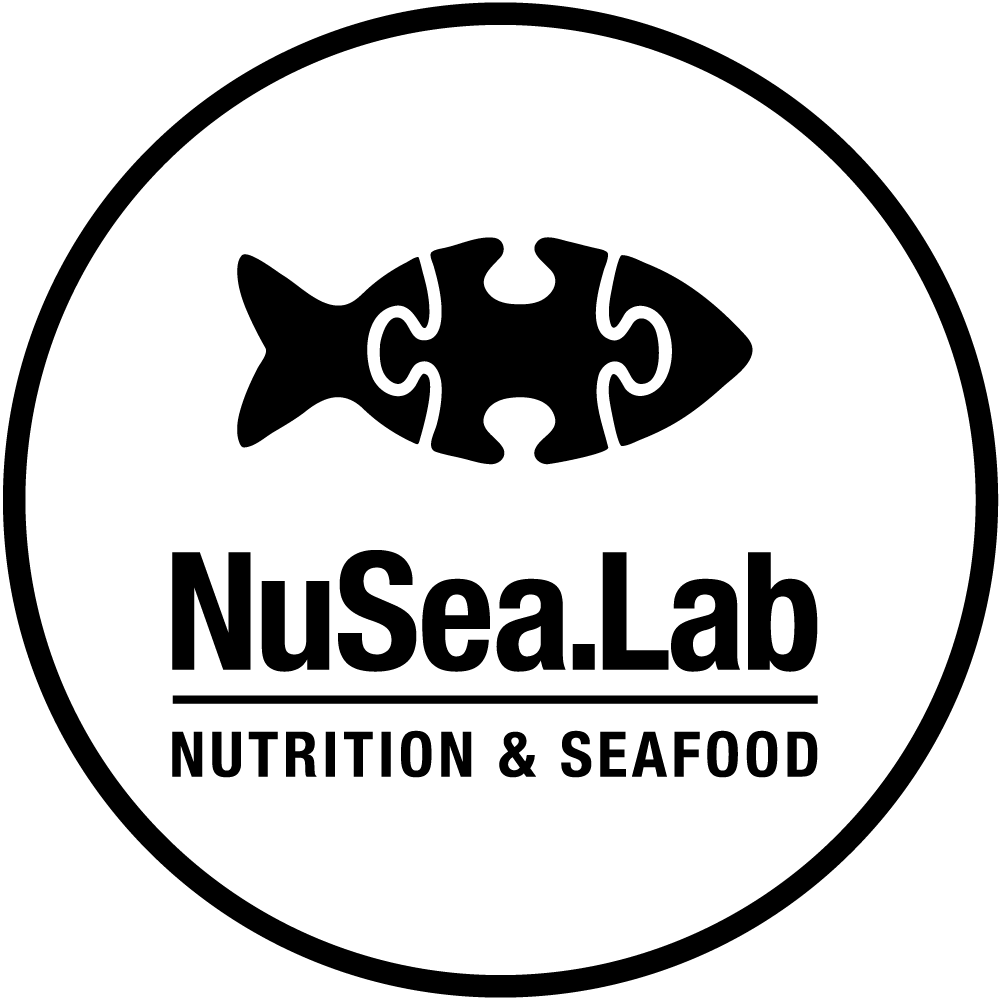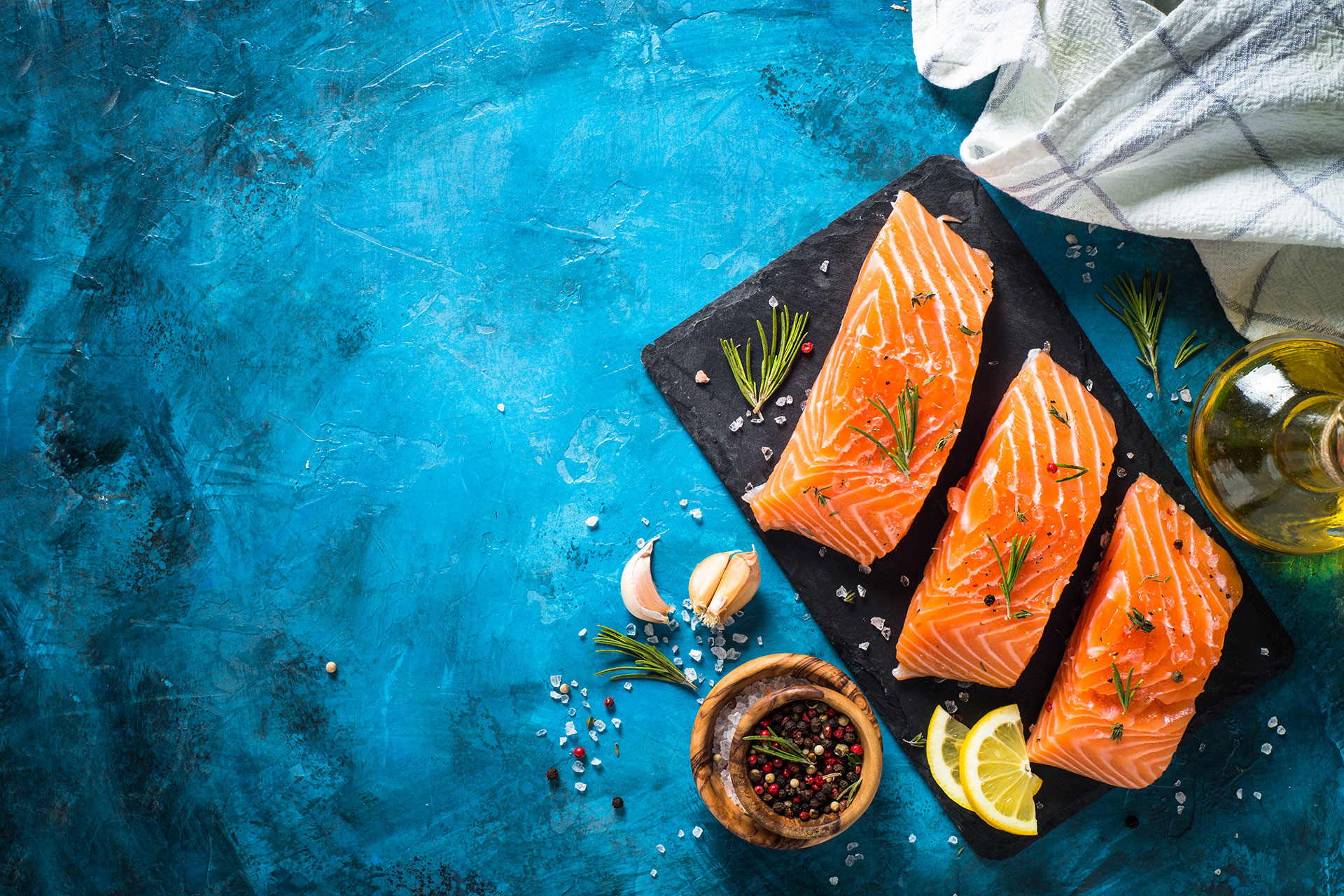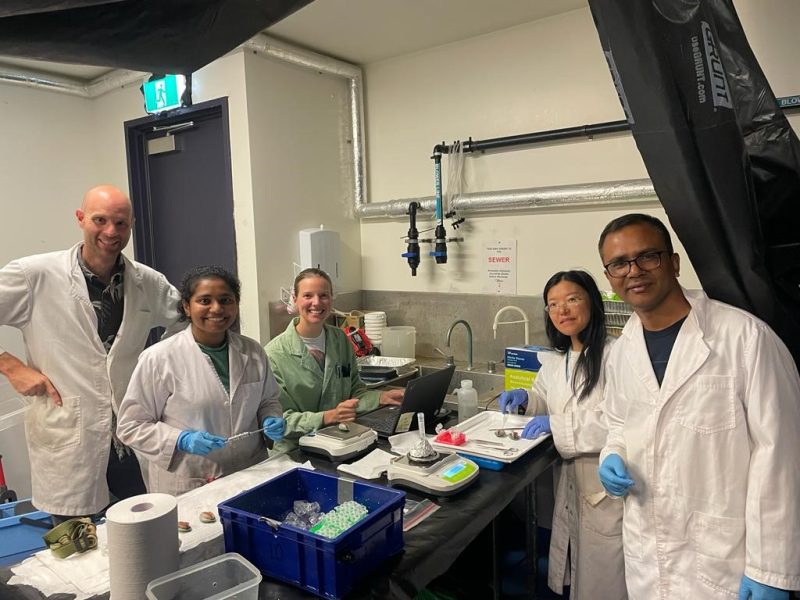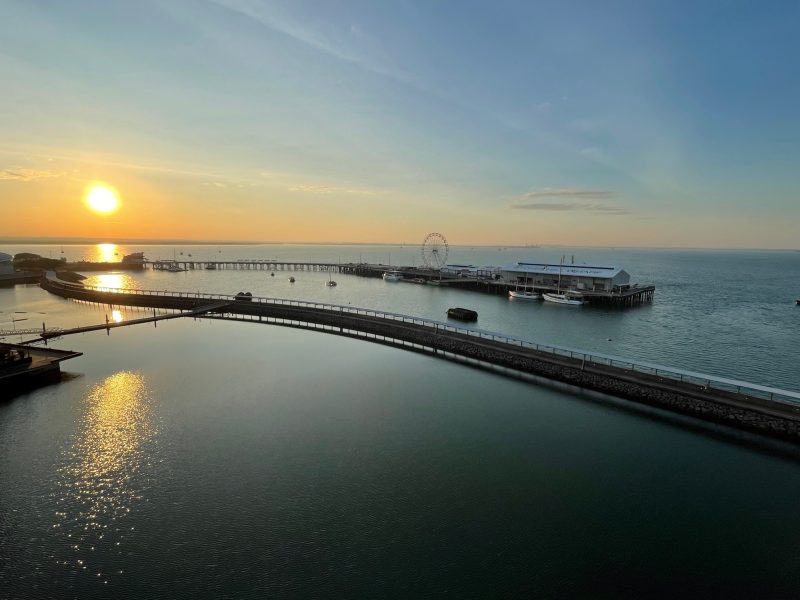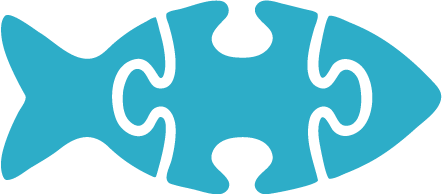
Fish and seafood are fundamental food items, containing unique nutritional characteristics that are of considerable benefit to our rapidly growing population.
Aquaculture, the farming of aquatic animals and plants, is the fastest growing food producing sector globally.
Unlike many other human activities, aquaculture is characterised by having an environmental scope (reducing pressure on wild fish stocks), an economic scope (generating wealth for coastal and rural societies) and a social scope (producing safe, tasty, health promoting seafood).
Our Mission
To provide innovative and timely R&D solutions for the nutrition and seafood sectors through novel ideas, rigorous testing and documentation of the achievable outcomes.
Our Vision
To positively contribute towards improved environmental sustainability, economic viability and social responsibility of the nutrition and seafood sectors.

AQUACULTURE PRODUCTION
Aquaculture now produces almost half of the fish and seafood consumed globally.
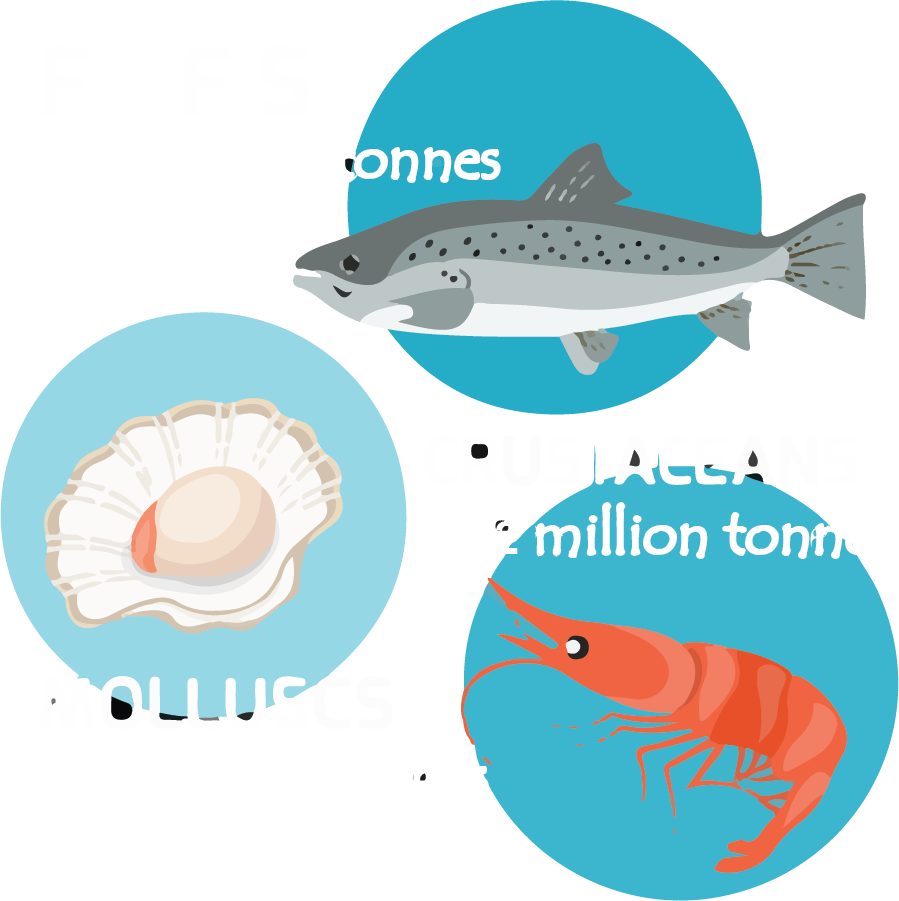
AQUACULTURE SPECIES BREAKDOWN
Major species contribution to aquaculture production.
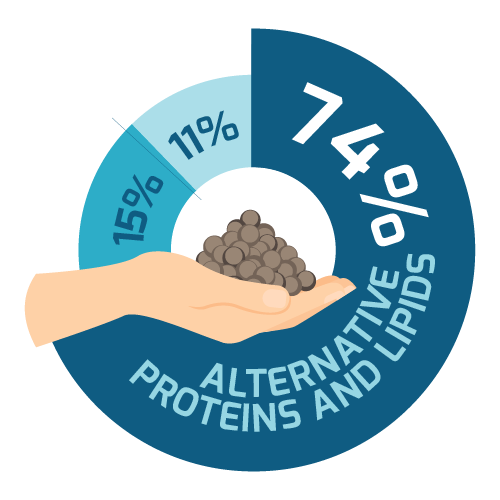
AQUACULTURE ARTIFICIAL FEEDS
The are more than 40 million plus tonnes of artificial feeds produced every year. These are now comprised of almost 75% alternative ingredients, contributing substantially to the sustainable expansion of the aquaculture industry.
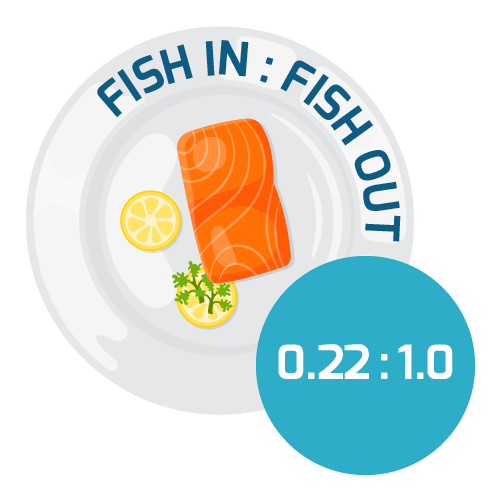
A NET PRODUCER OF FISH AND SEAFOOD
Aquaculture is a net producer of fish and seafood products, producing 1kg of fish and seafood for every 220g of wild fish used in feeds.
